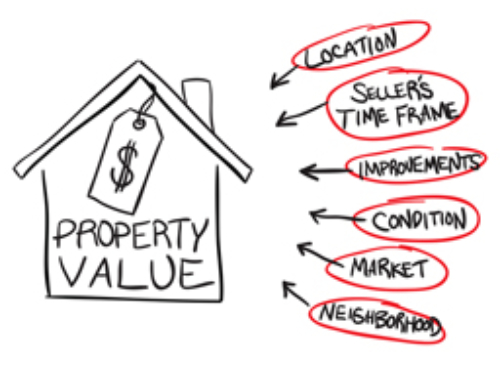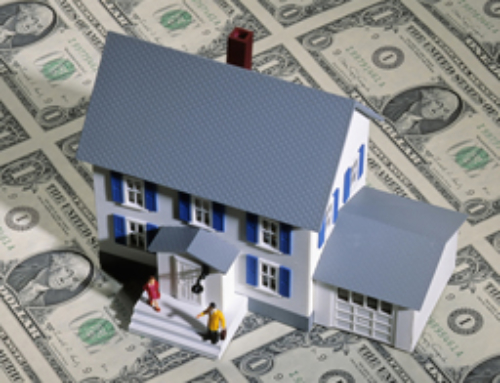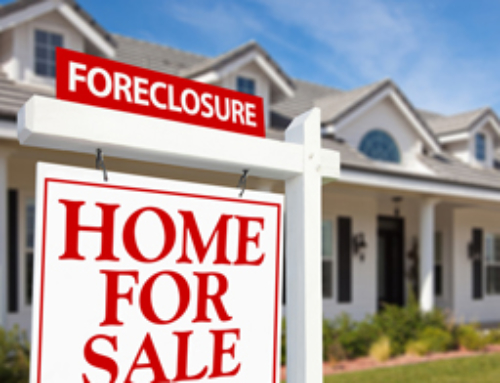 The home buyer tax credits that pumped up existing and new home sales are gone. To take advantage of either the $8,000 first-time home buyer tax credit or the $6,500 long-term home owner tax credit, you must have signed a valid contract by April 30, 2010. You have until June 30, 2010, to close on the deal.
The home buyer tax credits that pumped up existing and new home sales are gone. To take advantage of either the $8,000 first-time home buyer tax credit or the $6,500 long-term home owner tax credit, you must have signed a valid contract by April 30, 2010. You have until June 30, 2010, to close on the deal.
(The only exceptions are if you are a member of the U.S. armed forces, military intelligence, or foreign service on qualified extended duty or if you or your spouse has been deployed overseas for ninety days or more in 2008 and 2009. If that’s you, you’ll have an extra year to claim the tax credit.)
While more than a million Americans took advantage of the home buyer tax credit, millions more are finding at least two other reasons to buy a piece of real estate: super-low prices and mortgage interest rates that have hit a fifty-year low in 2010.
Does it make sense to buy a home even if you can’t get a home buyer tax credit? It might—especially if you can buy the right property at the right price and on the right terms.
The National Association of Realtors (NAR) recently downgraded its assessment of the housing market, believing that fewer homes will be sold in 2010 now that the home buyer tax credits have expired.
According to NAR chief economist Lawrence Yun, the only way the housing market recovery will be self-sustaining is if “the economy can add jobs at a respectable pace, and from a return of buyer demand as they see home values stabilizing.”
Assuming that job growth stays nominal for the remainder of this year but the number of foreclosures continues to rise, home values should continue to fall slightly. That means you can buy a home this year in many locations at an even more advantageous price than you could last year.
And with the turmoil in Europe, investors have fled back to the security of U.S. Treasuries, pushing down mortgage interest rates. If you buy this year, you’ll spend less to buy the property and even less to finance it, locking in at interest rates that are at nearly fifty-year lows.
But you can’t just scoop up a property willy-nilly and expect it to turn into a fabulous investment overnight.
Whether you’re buying a home to live in or to rent out, you must think strategically about what you’re buying, where you’re buying, and how you’re going to finance it.
Most important, think long-term: whatever you buy, plan to own it for the next five to seven years.
Ilyce Glink is a best-selling author, real estate columnist, and web series host. She is the managing editor of the Equifax Finance Blog and CEO of Think Glink Media. Follow her on Twitter: @Glink
Read More.
Will the Real Estate Summer Slowdown Mean Lower Prices?
Debt-to-Equity Ratios Rising: Unless you get FHA’s $100 Down Payment Incentive, You’ll Need a Bigger Down Payment
How to Find a Great Real Estate Agent






